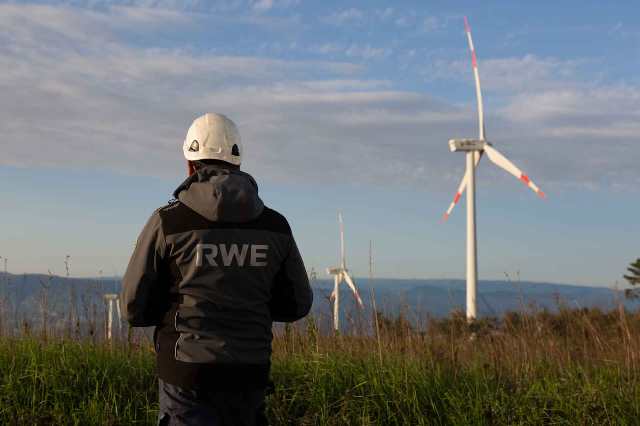RWE, a prominent player in the renewable energy sector, has inked Power Purchase Agreements (PPAs) with seven major German industrial customers, marking a significant stride towards sustainable energy supply.
The agreements, facilitated by RWE Supply & Trading, establish commitments for the supply of green electricity from the Kaskasi offshore wind farm starting from 2026. Notably, a pioneering PPA from Kaskasi was previously signed with the retail divisions of the Schwarz Group (Lidl, Kaufland) in spring 2023.
The majority of the contracts span a decade and encompass various delivery modalities, including direct purchases (“as-produced”), scheduled profile deliveries (“as-nominated”), and constant volume deliveries (“baseload delivery”). Commencing in 2026, the first contract will be followed by additional agreements in 2027 and 2028, effectively utilizing the entirety of the electricity volume allocated for the PPAs.
Situated approximately 35 kilometers off the coast of Heligoland, RWE’s Kaskasi wind farm boasts 38 turbines with a collective installed capacity of 342 megawatts, capable of supplying green electricity to around 400,000 households annually.
Among the notable innovations deployed at Kaskasi are three turbines equipped with the world’s first recyclable rotor blades, featuring a novel resin formulation enabling the separation of materials at the end of their lifespan. Additionally, proprietary advancements include special steel collars for select foundations, based on RWE patents, and a unique concrete ring designed to enhance the stability of seabed connections, potentially reducing the need for longer piles in future installations.
Kaskasi forms part of the Heligoland cluster, alongside the Amrumbank and Nordsee Ost wind farms, slated for regular operation in spring 2023. RWE’s offshore wind portfolio in Germany also encompasses stakes in the Nordsee One, Alpha Ventus 1 and 2, and Arkona wind farms, totaling around 1.2 gigawatts (RWE share).
Further expanding its offshore wind capacity, RWE is actively developing the North Sea cluster north of Juist Island, comprising four sites with a combined capacity of up to 1.6 gigawatts, projected to come online between 2027 and 2029.

